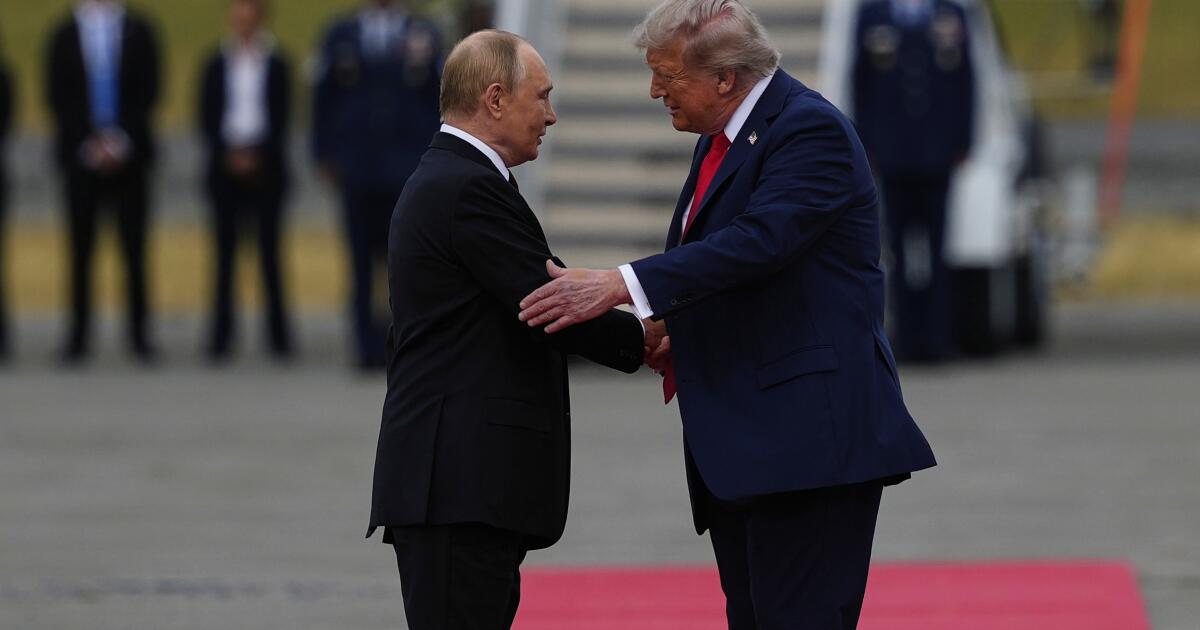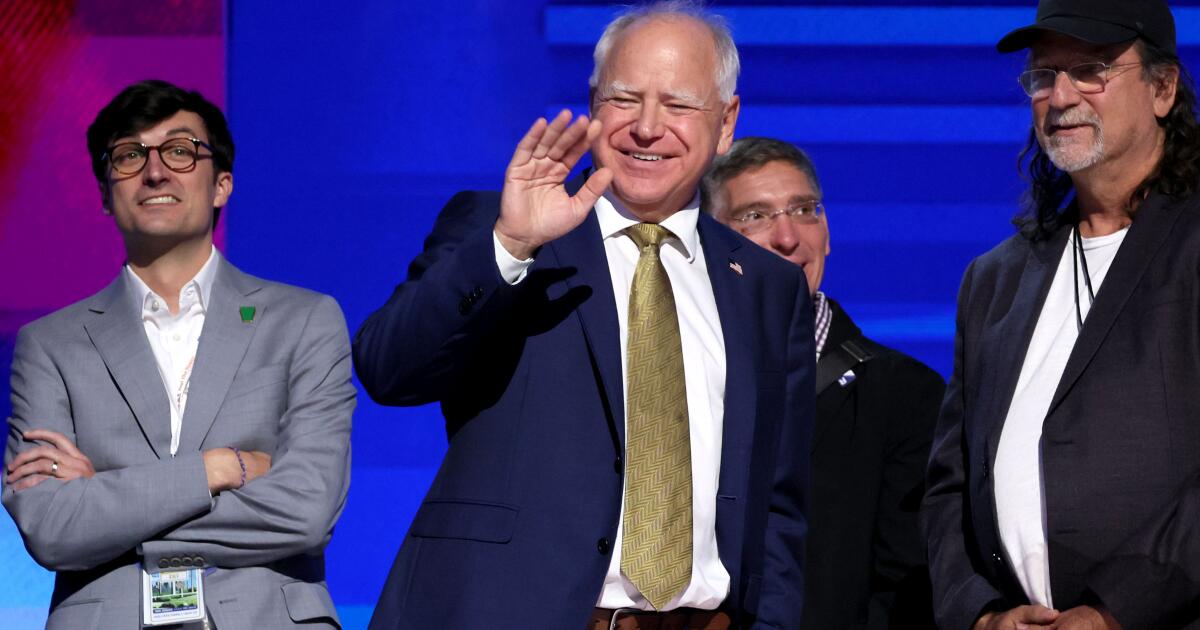COPENHAGEN (Reuters) -Bjarni Benediktsson said on Tuesday he will become the country’s next prime minister, replacing Katrin Jakobsdottir who last week announced she would resign and run for president.
Benediktsson, head of the pro-business, right-wing Independence Party, now serves as foreign minister in a broad three-party coalition and was previously prime minister in a short-lived government from January to November of 2017.
He takes the helm at a time of uncertainty in Iceland after recent volcanic eruptions triggered the indefinite evacuation of thousands of people, adding to pressures on an economy already facing high inflation and soaring interest rates.
“The parties had very good discussions in the past few days … the government wants to stand for political stability,” the Independence Party said in a statement, adding it would continue its work to bring down inflation among other things.
The government has been in power since 2017, providing an unusual stability in a country which went to polls five times from 2007 to 2017, a period marked by political scandals and distrust of politicians following the 2008 financial crisis.
Benediktsson has also served as finance minister in Jakobsdottir’s government where he took the first steps to curb the state’s ownership of the banking sector well over a decade after the industry imploded during the 2008 financial crisis.
His tenure as prime minister in 2017 was cut short after less than a year when a coalition partner quit the government, triggering a snap election.
The head of the centre-right Progressive Party, Sigurdur Ingi Johannsson, who has also served as prime minister in the past, will become finance minister, public broadcaster RUV reported.
Support for the coalition of three parties ranging from Jakobsdotttir’s Left-Greens, who call themselves a “radical left wing party” to the right has dwindled to 34% in a March opinion poll from the 54.4% achieved in the 2021 election.
The next parliamentary elections will be held in 2025 unless the government decides to call a snap election before then.
(Reporting by Stine Jacobsen, editing by Terje Solsvik and David Gregorio)

